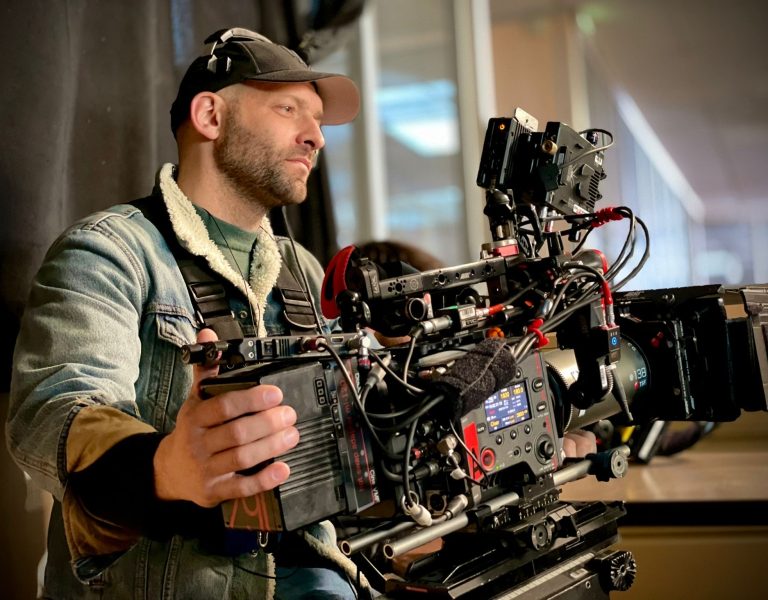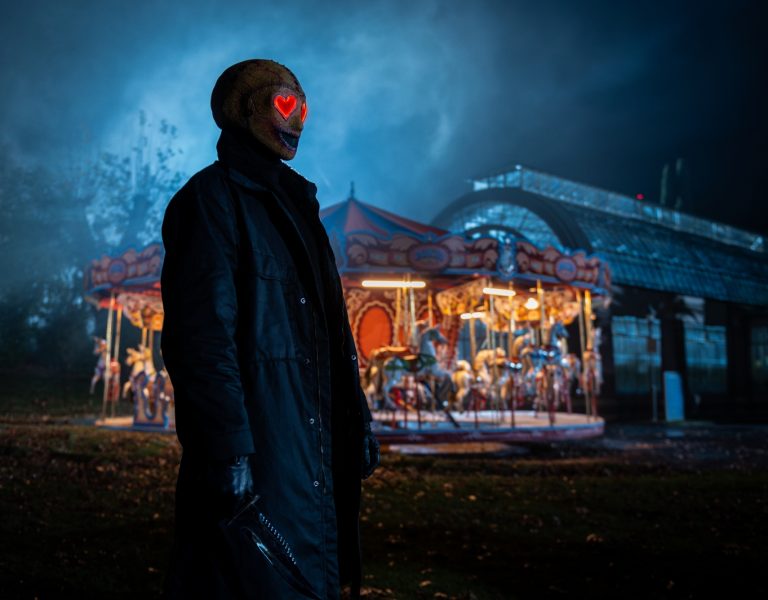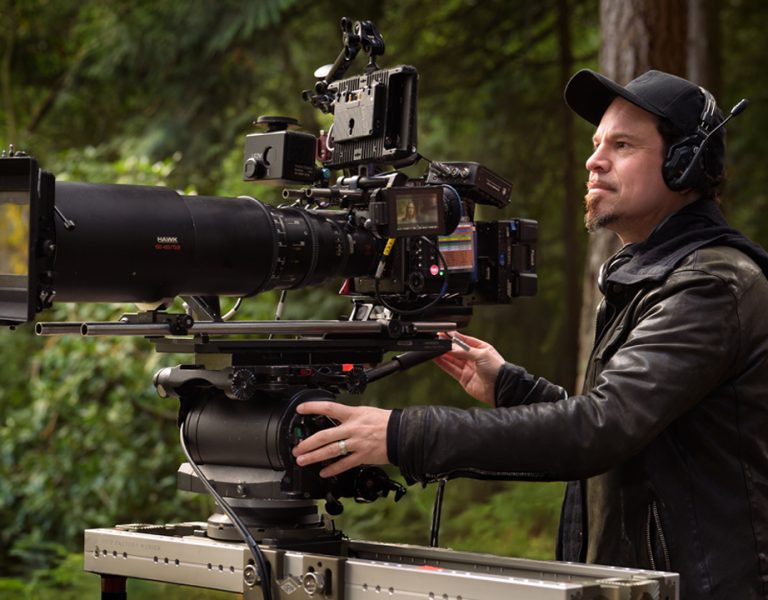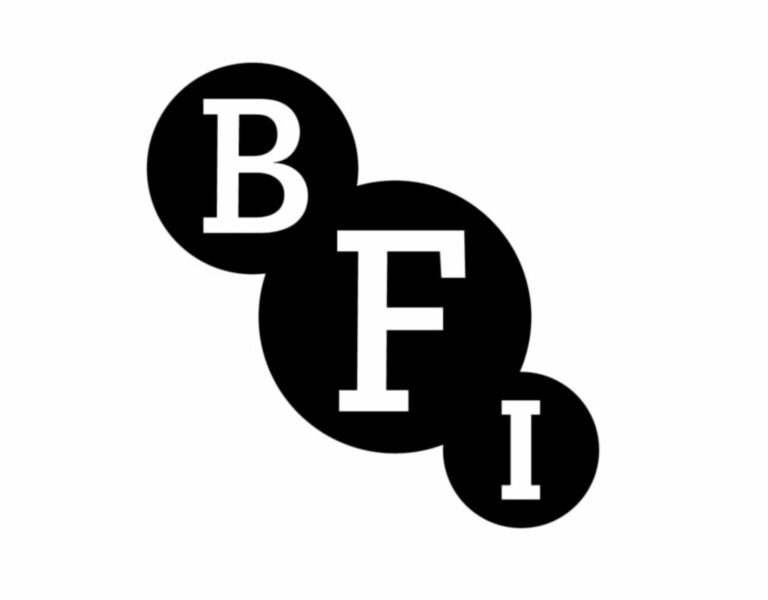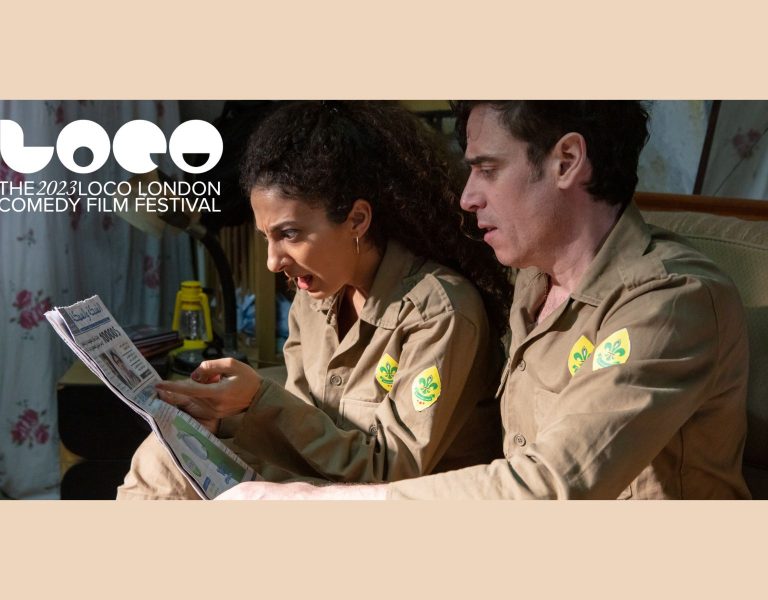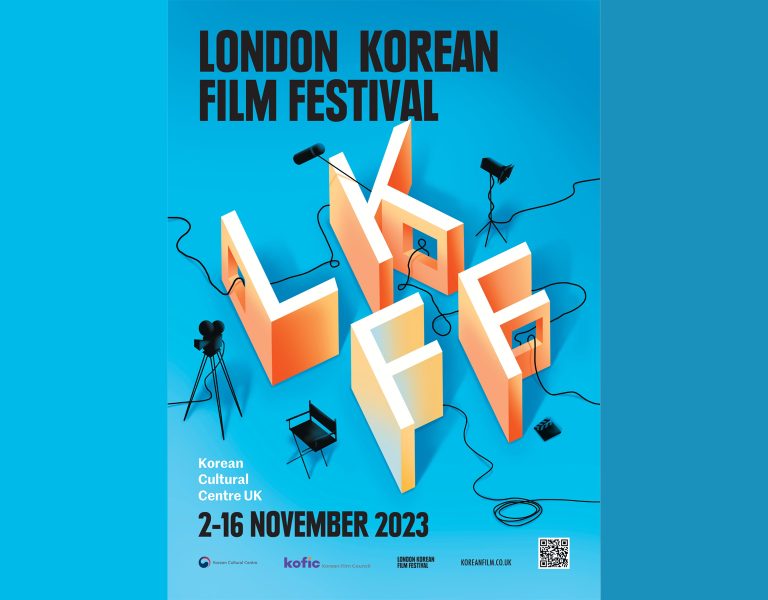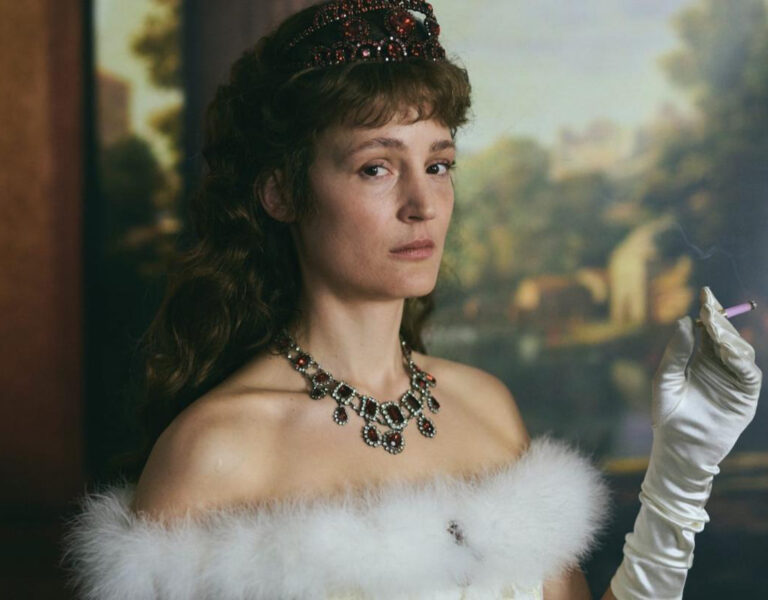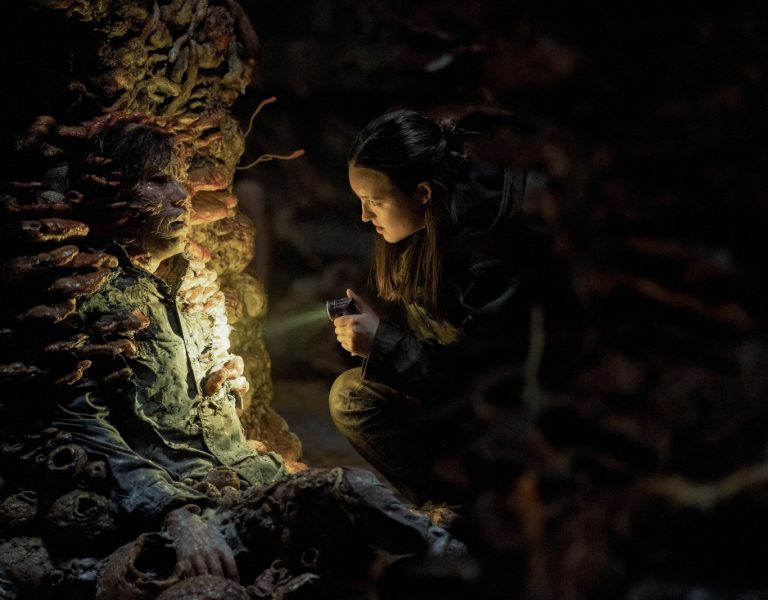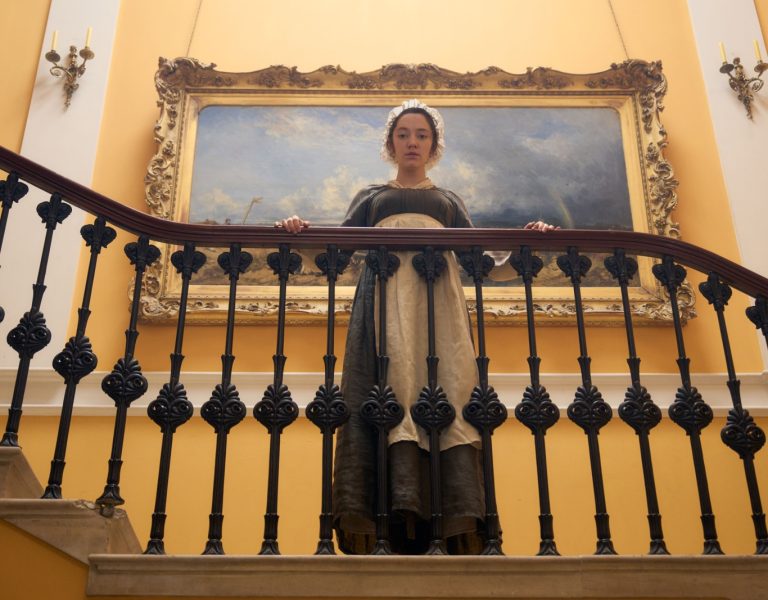London’s calling
While the actors may have been absent from the BFI London Film Festival due to the SAG-AFTRA strike, the filmmaking talent and passion for the craft was still in full force as an impressive line-up of screenings and film talks delighted festivalgoers.
At this year’s BFI London Film Festival, more than ever, the director was the star. Perhaps that’s as it should be. But the ongoing SAG-AFTRA strike, which has disrupted all the film festivals this autumn, meant that this 67th edition was forced to cope without many actors walking the red carpets. Then again, it’s hard to imagine anyone outflanking Martin Scorsese, who surely was the biggest icon of incoming festival director Kristy Matheson’s debut line-up.
In town to present his just-released three-and-a-half-hour true-life crime epic Killers of the Flower Moon (lensed by Rodrigo Prieto ASC AMC), Scorsese also took to the stage for a Screen Talk hosted by fellow filmmaker Edgar Wright. The decibel-raising roar that greeted him from the packed crowd at the Royal Festival Hall was the sort usually reserved for boybands. As Wright steered us through the early years of Scorsese’s career over an inspiring ninety minutes, the audience soaked up his boundless passion for cinema.
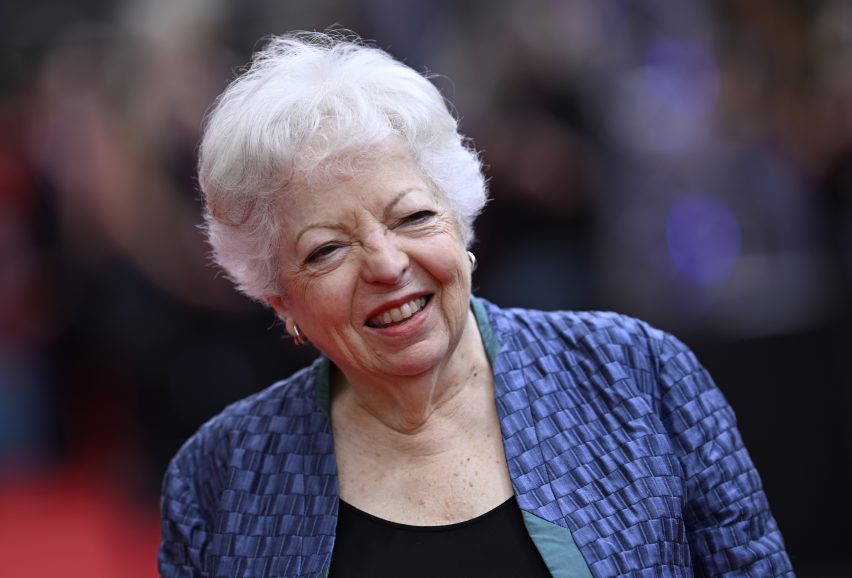
While Killers of the Flower Moon’s stars Leonardo DiCaprio, Robert De Niro and the stunningly good Lily Gladstone were unable to attend, due to the strike, Scorsese’s long-time editor Thelma Schoonmaker did make the trip. She was present also to support the return of her late husband Michael Powell’s voyeuristic masterpiece Peeping Tom, one of several vital restorations the festival programmed (and, in this case, achieved in collaboration with Scorsese’s organisation The Film Foundation).
The festival also welcomed such luminous talents as David Fincher for his Netflix-backed assassin tale The Killer (cin: Erik Messerschmidt ASC); Alexander Payne for comedy-drama The Holdovers (cin: Eigil Bryld), a real return to form; and Michael Mann, whose biopic Ferrari (cin: Erik Messerschmidt ASC) was the Surprise Film, much to the delight of the audience. Better yet, the LFF opened with the world premiere of Saltburn (cin: Linus Sandgren ASC FSF), a sneaky Oxbridge drama that marked the next film by Promising Young Woman’s Oscar-winning creator Emerald Fennell, who also entertained audiences with an illuminating Screen Talk of her own.

British film in particular seemed in rude health across this year’s selection. Andrew Haigh’s ethereal relationship drama All of Us Strangers, starring Andrew Scott and Paul Mescal, proved a stunning piece of work. Shot by South African cinematographer Jamie D. Ramsay SASC (who previously brought a sure touch to Oliver Hermanus’ Living), this mysterious look at a screenwriter and his relationship with his neighbour will surely feature in the end-of-years awards season.
The Bristol-based Aardman crew also brought their latest animation, Chicken Run: Dawn of the Nugget for the Mayor’s Gala on the final Saturday. Directed by Sam Fell and lensed by Charles Copping, this heist-movie inspired sequel to 2000’s Chicken Run was another lovingly-crafted slice of stop-motion silliness, filled with that British humour that Aardman excel at. With voice talent including Zachary Levi, who replaced Mel Gibson as the rooster Rocky, it was another (chicken) feather in the animation company’s cap.

Films that flourish
While Matheson’s introduction in the festival brochure invited audiences to “take temporary cover under this wondrous blanket of art” across the festival, that was no more apparent than in the way British first-time female directors were at the forefront of the selection. In particular, the love continued for Molly Manning Walker’s How To Have Sex ahead of its November release in the UK via MUBI. With an almost semi-documentary approach from cinematographer Nicolas Canniccioni, this stirring drama about sexual consent feels groundbreaking in so many ways.
Equally fearless was Luna Carmoon’s Hoard (cin: Nanu Segal BSC), an uncompromising look at the torrid relationship between an unhinged teenager (Saura Lightfoot Leon) and a troubled man (Stranger Things’ Joseph Quinn). Then there was British-Nigerian playwright Adura Onashile’s debut Girl (cin: Tasha Back), a mother-daughter refugee story that, rather like Haigh’s All of Us Strangers, largely takes place in an isolated tower block, this time overlooking Glasgow. Starring Déborah Lukumuena and Le’Shantey Bonsu, it proved to be a poetic exploration of fear and otherness.
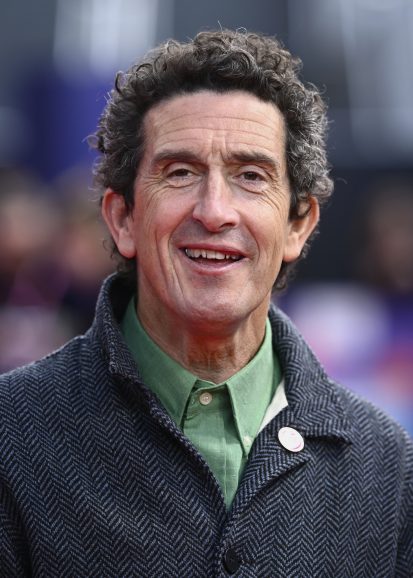
Although the LFF isn’t a competitive festival in the way Venice is, say, there were still prizes to be given, and this year, the jury presented the Best Film Award to Japan’s Ryûsuke Hamaguchi for Evil Does Not Exist (cin: Yoshio Kitagawa). The director of Drive My Car sent a message to the festival, saying he was “genuinely delighted and astonished to hear the news” – and it signifies yet another triumph for the filmmaker, who has already won major prizes in Cannes and Berlin for recent work. The documentary prize, meanwhile, went to Bye Bye Tiberias – Lina Soualem’s highly personal and touching portrait of her relationship with her mother, actress Hiam Abbass.
While the festival this year switched partner hotels from the Mayfair to the more picturesque, Southbank-located Sea Containers, a lot of activity took place at Picturehouse Central, with media screenings ably marshalled by an army of willing and dedicated volunteers. The LFF also hosted a series of industry talks that set out to unpack everything from debut features, like Mahalia Belo’s The End We Start From (cin: Suzie Lavelle BSC ISC) to AI (in a case study titled ‘I Am Not A Robot’) and emerging writers, in a lively session hosted by journalist Terri White, featuring eight upcoming talent.
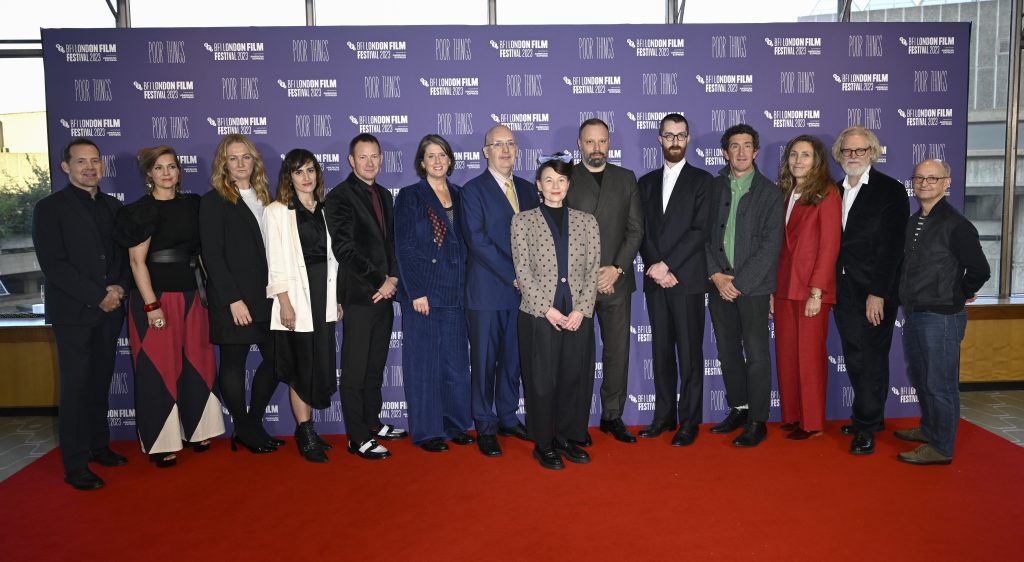
Again in the spirit of celebrating British success, there was also a spotlight on See-Saw Films, the UK-Australian outfit behind Jane Campion’s The Power of the Dog. This year, the company had three films at the festival, including the true-life drama about unsung World War 2 hero Sir Nicholas Winton, One Life (Zac Nicholson BSC), with Anthony Hopkins. With joint managing directors Iain Canning and Emile Sherman joined by See-Saw’s creative director Helen Gregory, it was an ideal way to celebrate the company’s 15th anniversary – proof that even in a tough landscape, British independent film can still flourish.

